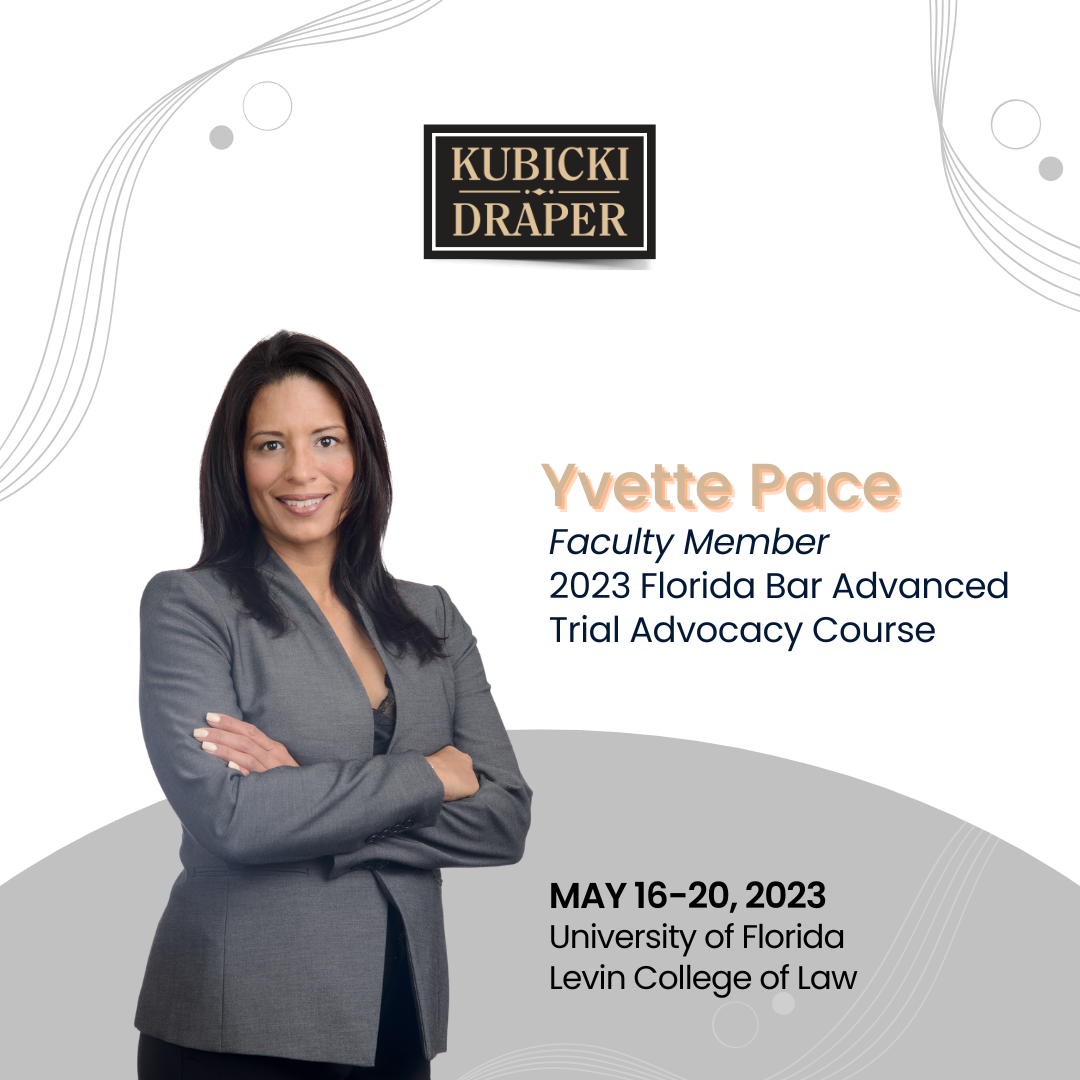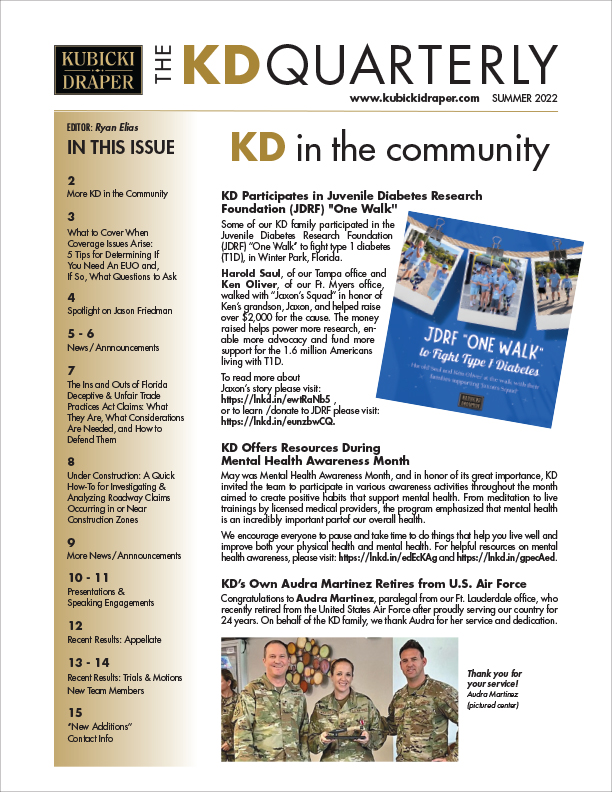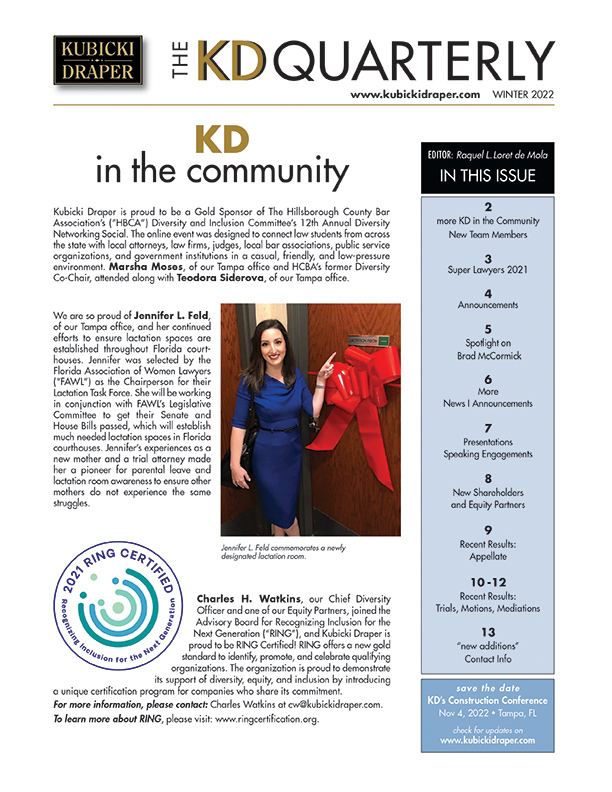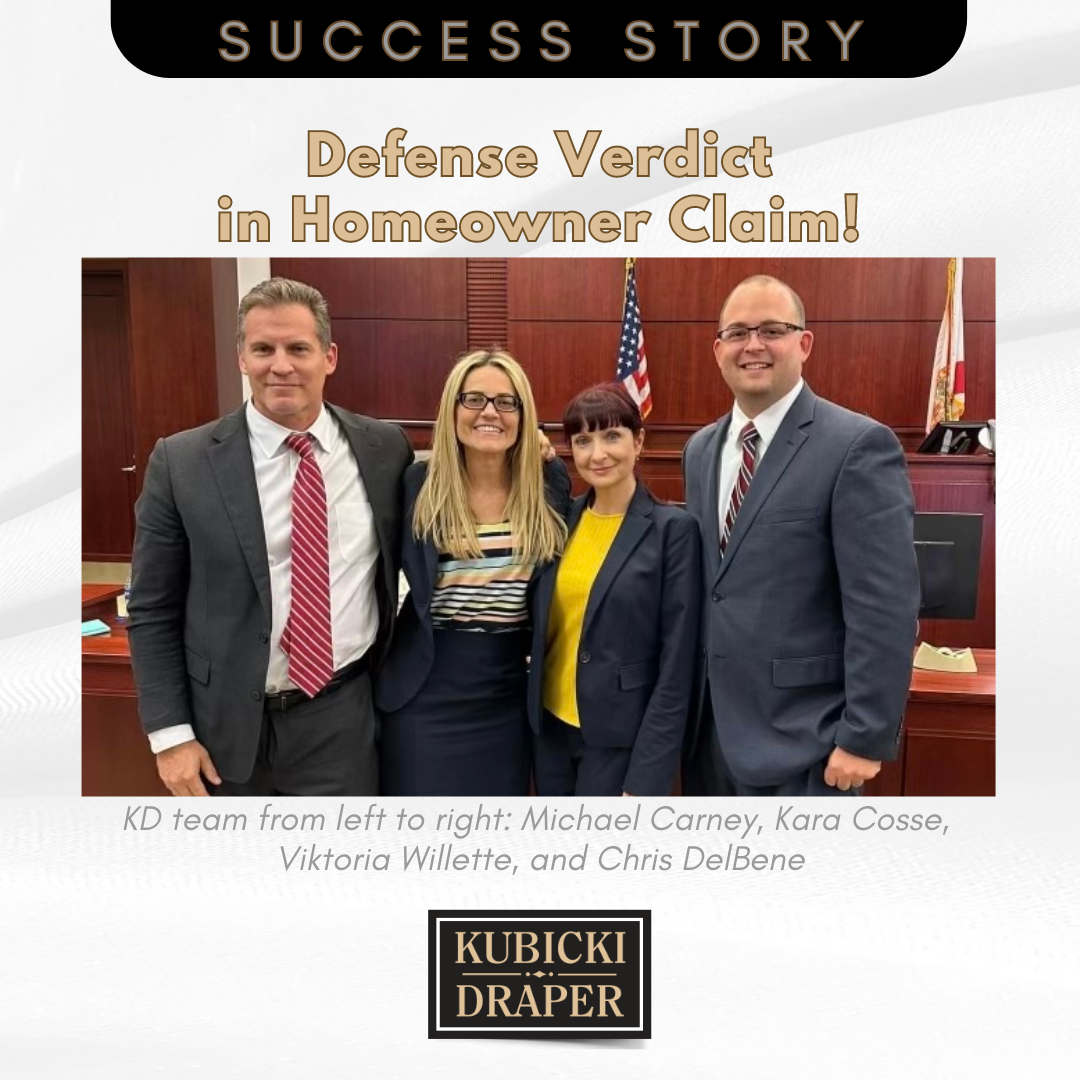What is a Letter of Protection?
A Letter of Protection (“LOP”) serves as a lien for medical treatment in exchange for a promise to pay for the services directly out of a settlement or judgment. Usually, an injured party will pay for medical treatment either out of pocket or by health insurance. However, when insurance is unavailable or the injured party cannot afford the medical treatment out of pocket, they turn to a LOP. The trend to use LOPs creates potential conflicts for the insurance industry as they typically inflate the value in a plaintiff’s damages claim.
In a Letter of Protection, the attorney representing the injured party enters into an agreement with the plaintiff’s medical provider that guarantees payment in the future for medical expenses as a result of a pending lawsuit or settlement. The contract is only between the injured party and the medical provider. In the event that the lawsuit is not settled or the injured party does not obtain a favorable verdict, the medical provider may still pursue the expenses from the injured party as an individual. However, as a result of issuing a “promise to pay,” the treating physician develops an interest in the litigation. Both the plaintiff and the medical provider have an underlying motive to increase medical expenses in order to inflate the value of their claim. Therefore, medical providers have an incentive to increase the cost of their services or perform medical treatments that are not necessary. Additionally, plaintiff attorneys may often create an ongoing referral system to the same medical providers that ultimately creates a biased relationship.
The Development of LOPs in Bias and Impeachment
Florida Statute § 90.608(2) states that “any party can attack the credibility of a witness by exposing potential bias.” The Florida Supreme Court has recently created a broader scope of discovery in the admissibility of LOPs during both discovery and at trial. A LOP between the plaintiff and her treating physician when the treating physician testifies as an expert on plaintiff’s behalf is relevant to show potential bias. In Allstate Ins. Co. v. Boecher, the Florida Supreme Court held, “the more extensive the financial relationship between a party and a witness, the more likely that the witness has a vested interest in that financially beneficial relationship between the party and the witness.” 733 So. 2d 993, 997 (Fla. 1999).
In Carnival Corp. v. Jimenez, the defense repeatedly mentioned to jurors the letter of protection that existed between the surgical center and the plaintiff. 112 So. 3d 513 (Fla. 2d DCA 2013). The Second District Court of Appeals ruled that a jury is entitled to know the extent of the financial relationship between the party and the witness and that “undeniably, the existence of the letter of protection gave Dr. Smith a financial interest at trial.” Id. at 520. Boecher, unlike Jimenez, addressed the scope of LOPs in discovery rather than at trial. The court also addressed that in absence of a contrary decision by the Florida Supreme Court, the Second District’s decision towards the admissibility of LOPs during discovery is given persuasive weight in their admissibility at trial for impeachment purposes.
Are Letters of Protection Considered Collateral Sources?
The Florida legislature enacted Florida Statutes, Section 768.76, which offsets any damage award given to the injured party by verdict or settlement. In Smith v. Geico, the Court ruled that LOPs were not considered collateral sources because the payment is not made by a third party and the fee is only created after the jury determines the final amount to award, rather than have the amount be determined prior to the jury verdict. 127 So. 3d 808, 813 (Fla. 2d DCA 2013). The Second District Court of Appeal ruled that because LOPs do not classify as collateral sources, the trial court did not abuse its discretion in allowing Geico to question Mr. Smith’s treating doctors about the fee reducing agreements. Id. at 813.
Letters of Protection and Bias in Courts
Courts tend to be more lenient in allowing LOPs for impeachment purposes when the treating physician is the expert witness or in physician-lawyer referral scenarios. In Brown v. Mittleman, the plaintiff in an automobile negligence case obtained a letter of protection from the treating physician, Dr. Brown. 152 So. 3d 602 (Fla. 4th DCA 2014). The defendant issued a subpoena duces tecum seeking documents relating to the relationship between the plaintiff’s treating physician and the plaintiff counsel’s law firm. Id. The court emphasized that trial courts generally have a broad discretion in balancing interests involved and generally do not permit extensive discovery of the treating physician’s finances, as this could potentially have a chilling effect the availability of expert witnesses. However, an exception exists when there is evidence of a referral relationship between the law firm and doctor.
The Impact of Worley Upon Financial Discovery in Litigation Today
The Florida Supreme Court has made a recent decision that affects the admissibility of LOPs in court for impeachment purposes. In Worley v. Cent. Fla. Young Men’s Christian Ass’n, a pedestrian brought a negligence action against the YMCA for an alleged slip in fall in the organization’s parking lot. No. Sc15-1086, 2017 WL 1366126 (Fla. Apr. 13, 2017). At issue was whether a referral and letter of protection implicated a confidential communication between the attorney and client. The plaintiff in Worley went to the Florida Hospital East emergency room twice. However, he could not pursue additional medical care due to his limited financial resources. Instead, the plaintiff retained the law firm of Morgan and Morgan. During discovery, the defendants sought to discover the relationship between the Morgan and Morgan and the treating physicians.
At the plaintiff’s deposition, defense counsel asked whether plaintiff was referred to her physician by her attorney, based on the amounts of the plaintiff’s medical bills. Plaintiff’s counsel objected based upon the attorney-client privilege. However, the trial court permitted plaintiff to not disclose whether she was referred to the doctors by her attorneys.
When the matter was appealed, Florida Supreme Court held that the financial relationship between a plaintiff's law firm and the treating physician is not discoverable. It distinguished prior district court rulings on the admissibility of a referral relationship to demonstrate bias, such as the ruling in Boecher that allowed discovery to determine the financial relationship because it only pertained to expert witnesses. The Supreme Court reasoned that when the relationship only pertains to expert witnesses, the balance of the interest shifts towards permitting discovery. In its opinion, the Supreme Court also referred to the ruling in Brown and emphasized that the relationship between a law firm and a plaintiff’s treating physician is not the equivalent to the relationship between a party and the retained expert because a law firm is not a party to the litigation.
The Court acknowledged that bias on part of the treating physician is discoverable on the basis of bias and that bias can be proved by providing evidence of LOPs, “which may demonstrate that the physician has an interest in the outcome of the litigation [ . . . ] bias may also be established by providing evidence that the physician’s practice was based entirely on patients treated pursuant to LOPs.” Worley, 2017 WL 1366126 at 4. The treating physician’s practice in Worley was based entirely on patients being treated pursuant to LOPs.
Notably, the Florida Supreme Court emphasized that any further discovery into a possible relationship, absent LOPs or any other evidence that may indicate signs of bias, would not be sufficient to allow discovery in the relationship between a physician and plaintiff’s law firm because it could potentially uncover privileged communications. Even when the defendants reasoned that the need for the information was based on necessity, the Florida Supreme Court upheld that the relationship was protected by the attorney-client privilege and therefore, was not discoverable.
In conclusion, while LOPs may be useful tools for plaintiffs, an LOP can also serve as a mechanism for defendants to prove that a provider’s excessive medical bills amount may be inflated and inaccurate. A proper use of LOPs as an impeachment method can demonstrate inaccurate damages due to the bias created when an interest in the litigation exists. The Worley opinion has clarified that a court will be reluctant to allow discovery into a plaintiff’s law firm and treating physician absent letters of protection or other forms of evidence that display a biased relationship. Currently, courts are concerned that allowing such discovery would have a chilling effect on treating physicians out of the fear of being entangled in litigation. Courts also reason that such broad discovery orders may deny plaintiffs access to the courts and potentially increase the costs of litigation. Therefore, learning how to properly use letters of protection as a tool for impeachment is important in attacking the validity of alleged damages.
What to Do When Your Case has Letters of Protection
When you are defending a personal injury lawsuit involving LOPs, it is important to serve specific discovery for each medical provider’s complete file to include the LOP agreement with the attorney. You may also want to consider serving specific discovery and deposing the treating physician to help establish the referral relationship between the plaintiff’s law firm and treating physician. It is also crucial to consider the impact of a LOP and a plaintiff’s total medical bills when evaluating exposure and settlement valuations.

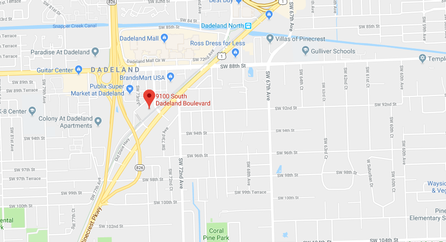

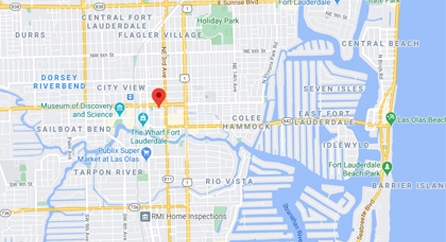
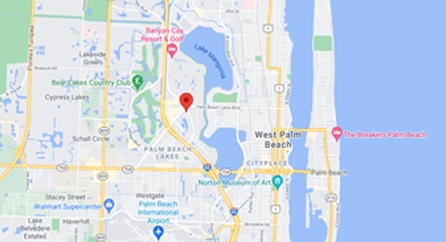


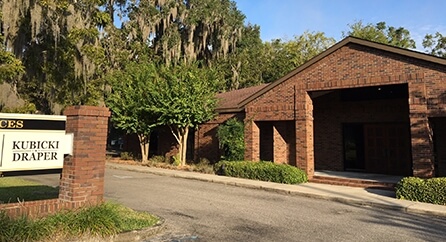

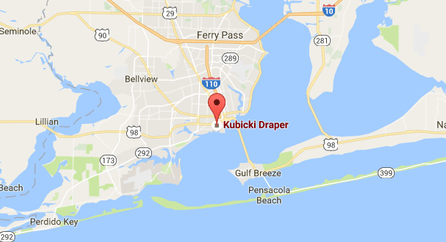

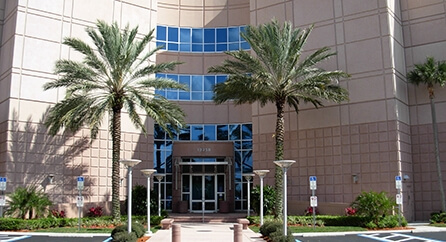
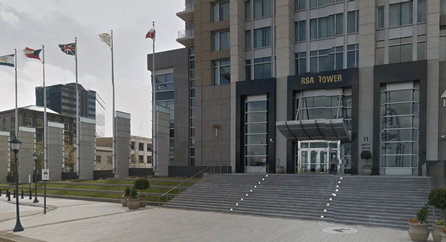
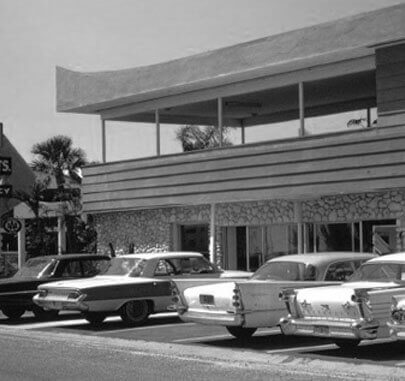






 .png)
